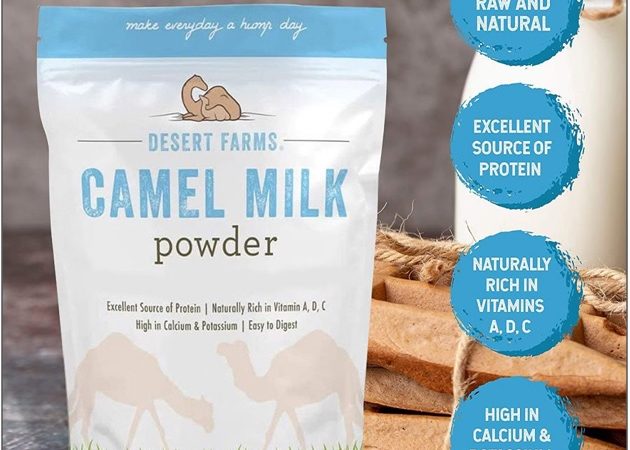THE BEST WAY TO MARKET ORGANIC WELLNESS PRODUCTS

Organic wellness products are at a prime time for growth, as more people become aware and accept them. It is already the case that many farmers in the US are switching to organic farming. In addition to beauty products, organic essences are used in drinks and a variety of other goods. This explains why autoflower seeds are in such high demand.
The emerging market is a very exciting time for brands. Advertising for organic products, however, remains a tricky subject. Click here and see the difference. Because organic herb manufacturers are required to follow strict advertising regulations, they offer more than just treatment.
Words are not available to them. As a result, mainstream digital advertising platforms avoid advertising organic herbs due to the lack of uniformity in the law.
Various leading ad networks have banned ads for hemp-derived products due to the fact that digital advertising platforms cannot classify them. Alternative methods for marketing and reaching target audiences are now being revealed.
The good news is that there are alternative ways of marketing the products to help organic brands reach the desired goals. However, before we dive deeper into this world, it is necessary to know what organic wellness product marketing is.
Marketing of organic products
Digital advertising is dominated by Facebook and Google. In spite of both platforms’ policies restricting organic products from advertising, organic products can still be advertised on both platforms. Using censorship, Google AdWords removes banned keywords from illicit ads.
A false ad copy does not seem like a viable strategy though companies may use vague words to steer explicit automatic censorship. End users will only be confused by it. Users cannot advertise medical herbs on social media platforms like Instagram and Facebook as well.
About 60 percent of the online advertising market is dominated by Google and Facebook together. Despite the fact that Facebook and Google both make promoting organic products challenging, there are many ways to overcome these barriers.
In order to achieve the following goals, here are some helpful strategies:
Make use of unique graphics or images
In a highly competitive market, exceptional image or graphic design can be a crucial differentiator.
However, promoting organic goods is legal, so a design must abide by the rules. Because of its legality, organic has remained in the gray area for years. The authorities continue to closely monitor jobs, despite their legal status in several states.
This means that even a small error can lead to fines and penalties, which are detrimental for them. So, when deciding what to print on the special organic packaging boxes, brands must carefully and logically decide what to print. At the same time, it is imperative to create a visually appealing package that piques viewers’ curiosity and gives them a sense of control.
Designing an attractive package is crucial in the retail environment. Your opportunity to grab the customer’s attention is limited. Highlighting natural products’ unique selling points is one of the best ways to achieve this goal.
In addition to attracting customers, functional packaging could boost resale rates. Customers return to the store after making a purchase if packages provide greater availability and storage.
Work together with influencers
This is the most popular time for social media influencers. Their marketing skills will take your marketing to new heights. Thanks to the large and engaged following, brands can immediately see the traction within their niche. As a starter, influencers sell their products through Facebook, YouTube, Instagram, etc. This can be done organically without violating the rules.
Instagram’s most popular influencer niche is beauty, for example. Furthermore, it is a lucrative market for organic products. In premium cosmetics, organic ingredients are used to create a natural, healthy glow. Instagram, being the most visual of all social platforms, is the ideal platform for this niche.
The organic products will be organically featured on the Facebook feeds of thousands of potential customers by partnering with the right influencer. Consumers also turn to influencer reviews and recommendations rather than traditional online ads for recommendations and reviews. Consumers trust 90 percent of advice and opinions offered by others over advertisements online, according to an AdWeek study.
Having influencers contribute content to the website, blog, and social media accounts is another advantage of partnering with them. Additionally, organic brands can use cross-marketing to generate leads by attracting followers of influencers’ accounts.
All of this can be done without violating organic advertising laws.
Networks for displaying content
The ads for product listings should not be hosted by Google AdWords. It is possible to market the products in other ways. These assets include networks that serve digital ads on various websites that promote herbal products.
It is true that this approach can present the product advertisement to demanding and highly motivated consumers. Since the service has a limited scope, you will be unable to connect with many buyers.
In addition, most people do not visit websites for herbs or organic products. Therefore, it is difficult to gain mainstream customers. They can, however, raise awareness of their products through these networks.
In conclusion
By utilizing the strategies mentioned above, the market of organic products will be able to gain growth by reaching sales targets within legal parameters. By using these strategies, you can strategically place a product in front of new audiences who are highly likely to become interested.






